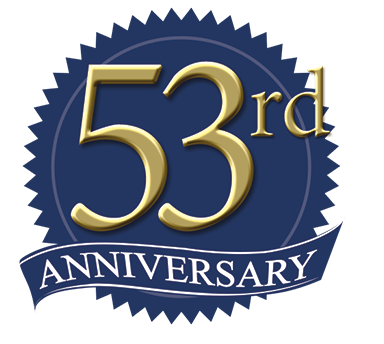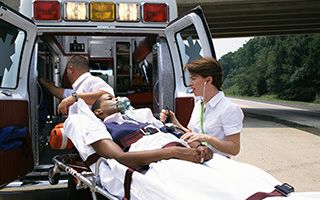Legal Defenses And Arguments Used By Insurance Companies
It is the insurance adjuster’s job to find as many defenses and arguments as possible to use against you. The adjuster will question you carefully. It all starts when the adjuster want to “take your statement”. The adjuster will try to determine if any of the below statements may apply to your claim:
25 Examples of Legal Defenses And Arguments Used By Insurance Companies
- Equipment defects in your vehicle: Tires bald, brakes not working, tail lights not working, turn signals not working.
- Your driving ability and perception were impaired by the use of alcohol, medications, or drugs.
- You had a hearing or vision defect and you weren’t wearing glasses or a hearing aid.
- You were under a doctor’s order not to drive.
- You exaggerated the wrongdoer’s speed and other facts surrounding the accident, which diminishes your credibility, making you an unreliable or unbelievable witness.
- You had warning of the danger within a sufficient time to avoid the accident if you had been paying attention.
- You could have avoided the accident if you had not been exceeding the maximum safe speed for conditions.
- You made an unnecessary and unexpected stop.
- You made an unsafe lane change without warning.
- You gave no stop or turn signal.
- You had made prior complaints and received prior treatment to the same areas of your body allegedly injured in the accident and your complaints after the accident hadn’t changed.
- You exaggerated your complaints related to the accident according to your medical records.
- Your family doctor’s initial opinion was minimal injuries, and no physical therapy or any other treatment was prescribed. You did not see the doctor again.
- No independent witnesses can be found substantiating your version of accident (you, not wrongdoer, have the legal duty to prove each element of your case by a preponderance of the evidence).
- Witnesses dispute your version of the facts or substantiate the wrongdoer’s version.
- Investigating police officer is disputing your version of the accident.
- Cost of treatment was excessive and period during which you were treated was excessive in light of standard charge for such services in your community.
- You made no complaints of pain at scene of accident to anyone.
- There was no indication on police report that you complained of pain at scene.
- You went to work contrary to your doctor’s advice and thereby aggravated your injury and/or caused prolonged period of disability and/or treatment.
- You did not get examined at emergency room on the day of the accident or soon thereafter.
- There was minimal property damage to either or all vehicles involved.
- Your employer has no official record (i.e., W-2 form) or other means to substantiate your employment.
- You received no treatment for substantial period of time following the accident.
- There is no medical opinion connecting the accident with your injuries.






